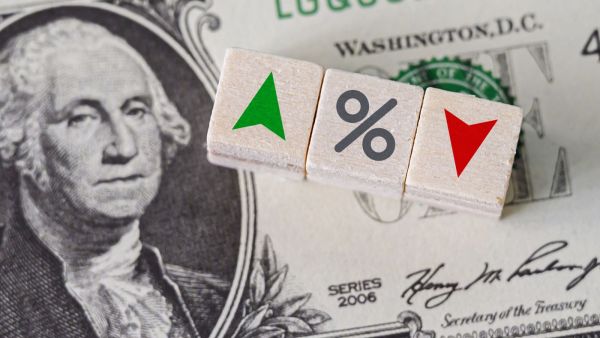ALBAWABA – The monthly United States (US) Bureau of Labor Statistics report, coming out later on Tuesday, is expected to show the Consumer Price Index (CPI), a key US inflation index, unchanged again in November, news agencies reported.
Bloomberg Economics expects a flat CPI, at 4.0 percent, will give the Federal Reserve (Fed) some room to consider lower interest rates in the first half of 2024.
A decline in energy prices last month helped cap November’s CPI, a key US inflation index, as prices excluding food and energy rose faster than in October, according to Bloomberg’s economists.
Reuters reported a near-unanimous forecast that the central bank will pin US interest rates at Wednesday's announcement.
The Fed convenes Tuesday through Wednesday to discuss the current state of the US economy and inflation and whether to pin or hike interest rates for the month.
Markets anticipate a 43 percent chance the Fed will cut rates by at least 0.25 percent in March and a 75 percent chance by May, according to CME's FedWatch Tool.

Continued moderation in rental inflation in 2024 is the key driver of moderating US inflation - Shutterstock
US inflation has generally moderated in recent months at a faster pace than many forecasters inside and outside the Fed had expected, Bloomberg reported. This has helped fuel bets on rate cuts early next year.
Later this week, the European Central Bank (ECB) and the Bank of England (BOE), are also due to make policy announcements.
Notably, interest rates do not only contribute to inflation controls. They also play into currency performance and strength against peers, which is one of the factors central banks take into account when making such decisions, mainly elsewhere around the world.
Either way, though Fed officials have welcomed the news of slowing and moderating US inflation, they have cautioned that the path to their 2 percent inflation target may get bumpier in the coming months.
They also see a continued moderation in rental inflation in 2024, citing it as “the key driver of disinflation” in the year ahead, according to Bloomberg.
Bloomberg economists forecast core goods prices falling in November for a sixth straight month, aided by a drop in used-car prices. Though “slow inventory rebuilding following the resolution of the United Auto Workers strike could temporarily slow the disinflation process for new cars.”









